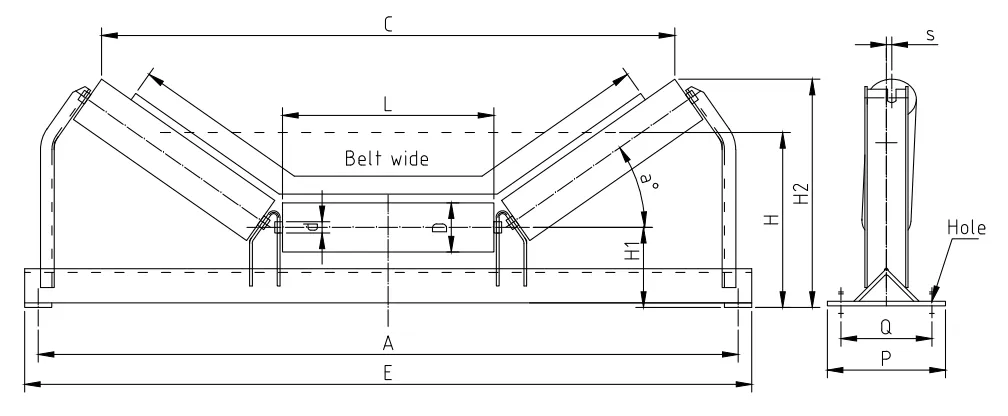 Afrikaans
Afrikaans  Albanian
Albanian  Amharic
Amharic  Arabic
Arabic  Armenian
Armenian  Azerbaijani
Azerbaijani  Basque
Basque  Belarusian
Belarusian  Bengali
Bengali  Bosnian
Bosnian  Bulgarian
Bulgarian  Catalan
Catalan  Cebuano
Cebuano  Corsican
Corsican  Croatian
Croatian  Czech
Czech  Danish
Danish  Dutch
Dutch  English
English  Esperanto
Esperanto  Estonian
Estonian  Finnish
Finnish  French
French  Frisian
Frisian  Galician
Galician  Georgian
Georgian  German
German  Greek
Greek  Gujarati
Gujarati  Haitian Creole
Haitian Creole  hausa
hausa  hawaiian
hawaiian  Hebrew
Hebrew  Hindi
Hindi  Miao
Miao  Hungarian
Hungarian  Icelandic
Icelandic  igbo
igbo  Indonesian
Indonesian  irish
irish  Italian
Italian  Japanese
Japanese  Javanese
Javanese  Kannada
Kannada  kazakh
kazakh  Khmer
Khmer  Rwandese
Rwandese  Korean
Korean  Kurdish
Kurdish  Kyrgyz
Kyrgyz  Lao
Lao  Latin
Latin  Latvian
Latvian  Lithuanian
Lithuanian  Luxembourgish
Luxembourgish  Macedonian
Macedonian  Malgashi
Malgashi  Malay
Malay  Malayalam
Malayalam  Maltese
Maltese  Maori
Maori  Marathi
Marathi  Mongolian
Mongolian  Myanmar
Myanmar  Nepali
Nepali  Norwegian
Norwegian  Norwegian
Norwegian  Occitan
Occitan  Pashto
Pashto  Persian
Persian  Polish
Polish  Portuguese
Portuguese  Punjabi
Punjabi  Romanian
Romanian  Russian
Russian  Samoan
Samoan  Scottish Gaelic
Scottish Gaelic  Serbian
Serbian  Sesotho
Sesotho  Shona
Shona  Sindhi
Sindhi  Sinhala
Sinhala  Slovak
Slovak  Slovenian
Slovenian  Somali
Somali  Spanish
Spanish  Sundanese
Sundanese  Swahili
Swahili  Swedish
Swedish  Tagalog
Tagalog  Tajik
Tajik  Tamil
Tamil  Tatar
Tatar  Telugu
Telugu  Thai
Thai  Turkish
Turkish  Turkmen
Turkmen  Ukrainian
Ukrainian  Urdu
Urdu  Uighur
Uighur  Uzbek
Uzbek  Vietnamese
Vietnamese  Welsh
Welsh  Bantu
Bantu  Yiddish
Yiddish  Yoruba
Yoruba  Zulu
Zulu Rubber Conveyor Belt Rollers for Efficient Material Handling Solutions
Understanding the Importance of Rubber Conveyor Belt Rollers
In the modern manufacturing and logistics landscape, the efficient transportation of materials is crucial for operational success. One of the key components that facilitate this process is the rubber conveyor belt and its associated rollers. Rubber conveyor belt rollers play a significant role in the workings of conveyor systems, providing not only support but also ensuring the smooth movement of materials.
Rubber conveyor belts are widely used in various industries including mining, agriculture, manufacturing, and food processing. These belts are designed to carry heavy loads over long distances, making them ideal for transporting bulk materials. However, the performance and longevity of these conveyor belts largely depend on the rollers that they utilize.
The Role of Conveyor Rollers
Conveyor rollers are cylindrical tubes that support the rubber conveyor belts. They help in minimizing friction, reducing wear and tear on the belts, and enhancing the overall efficiency of the conveyor system. By providing a stable surface for the belt to run on, rollers ensure that the materials being transported remain secure during transit.
There are a variety of roller designs available, including drum rollers, return rollers, and impact rollers, each serving a specific function. For instance, impact rollers are used in areas where the load is particularly heavy or when materials are being loaded onto the belt, absorbing shock and preventing damage to both the belt and the roller.
Benefits of Rubber Conveyor Belt Rollers
rubber conveyor belt rollers

The use of rubber conveyor belt rollers offers several advantages. Firstly, rubber is known for its durability and resilience. It can withstand harsh environmental conditions, including extreme temperatures and exposure to chemicals, which are common in many industrial settings. This durability translates into longer service life for both the roller and the conveyor belt.
Furthermore, rubber rollers are excellent at reducing noise levels compared to their metal counterparts, creating a more pleasant working environment. They also provide better grip, which enhances the overall traction of the conveyor belt, ensuring that materials do not slip or slide during transportation.
Maintenance and Longevity
Like any mechanical component, the efficiency of rubber conveyor belt rollers can diminish over time due to wear and tear. Regular maintenance is essential to ensure the longevity and optimal performance of both the rollers and the conveyor belt. This includes routine inspections for signs of damage or wear, proper alignment, and timely replacement of worn components.
Additionally, using high-quality rubber and properly designed rollers can greatly reduce the likelihood of breakdowns and maintenance costs in the long run. Industries that prioritize regular maintenance and invest in quality components often see elevated operational efficiency and reduced downtime.
Conclusion
Rubber conveyor belt rollers are indispensable in the realm of material transportation. Understanding their function, benefits, and maintenance needs is vital for businesses that rely on conveyor systems. By ensuring that these rollers are properly maintained and selected based on specific operational needs, companies can enhance productivity, reduce costs, and create a more efficient workflow. Investing in quality rollers and belts not only supports the smooth operation of conveyor systems but also contributes to the overall success of a business.
-
Trusted Conveyor Solutions from Leading Conveyor Idler Roller ManufacturersNewsJun.27,2025
-
Reliable Return Idler Solutions for Efficient Belt Conveyor SystemsNewsJun.27,2025
-
Precision Conveyor Accessories for Streamlined Material HandlingNewsJun.27,2025
-
High-Quality Belt Conveyor Idler Solutions for Efficient Material HandlingNewsJun.27,2025
-
High-Performance Belt Conveyor Pulleys for Reliable Material HandlingNewsJun.27,2025
-
Enhancing Material Handling EfficiencyNewsJun.27,2025





























